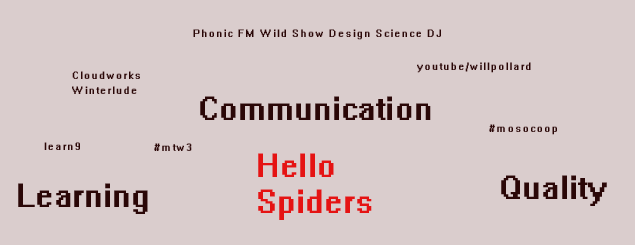Guardian, magazines, radio
I have done a longer post on Medium about the YouTube debates proposed for the next UK general elections. I am finding that Medium is more suitable for a longer rave. This Sqarespace starts with a smaller box, probably a size that fits on a mobile screen. It can be expanded but I'm not sure it should be. The sun may shine soon and it will be time to leave this desktop. May come back though.
Today's detail is a piece by David Hepworth on the state of magazines as in print. Not very encouraging for anyone but at least he is writing directly about the situation of magazines as it is. Eventually there will be something similar about newspapers. If a magazine has a dedicated set of readers and a limited budget one option is to invite their contributions. There is still very little consideration of the Citizen Journalism model as in OhmyNews. It may take several publications going away before professional journalists are ready to respect the readers.
And another thing about radio after this quote-
If magazine publishers want a chilling warning about what happens in a one revenue stream business they could always look at radio. In my old colleague Mark Ellen's newly published memoirs of his time in magazines, Rock Stars Stole My Life, he recalls the 90s when Emap's music magazines were delivered up to its radio division. One senior radio head briefly floated the idea that since magazines' five-star reviews were so valued by record companies it surely made sense to run more of them and market them to labels as a kind of advertorial on steroids. They didn't go through with it. The fact they even thought about it illustrates the gulf between a business that has traditionally put the readers first, knowing that if you build it advertisers will come, and the sort where the only customer is the one with the chequebook.
I would just like to suggest, as someone who contibutes to Phonic FM, that it is possible for radio to have editorial integrity even though it is just sound. Why is txt more credible?
